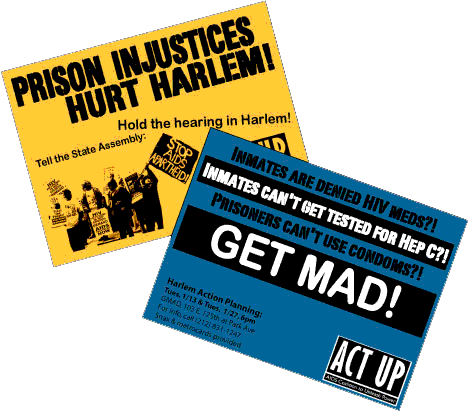
No to transplant funds House, Senate panel chairmen will not give proposals a hearing
by Mary K. Reinhart - Feb. 3, 2011
The Arizona Republic
Arizonans who lost coverage for lifesaving organ transplants had political winds at their backs last fall, with national media attention and a sympathetic key Republican lawmaker.
But Rep. John Kavanagh's support has evaporated, and there now appears little chance legislators will restore funding to return nearly 100 people to waiting lists for heart, liver, bone-marrow and lung transplants.
"I've kind of lost hope," said Randy Shepherd, a Mesa father of three who needs a heart transplant. "I don't know how long we can bang our fists on the wall and continue to be ignored before we decide to be quiet and go away."
Last spring, lawmakers made sweeping cuts to the state's health-care program for the indigent to help bridge a budget shortfall of more than $3 billion, which amounted to nearly one-third of state revenues.
Kavanagh, the House Appropriations Committee chairman, said in November that he was concerned lawmakers had based their decision to deny coverage on flawed data provided by the Arizona Health Care Cost Containment System, the state's Medicaid program. He said he planned to hold a hearing to consider newer statistics showing better patient outcomes.
Now, he says that the mortality data called into question by leading transplant physicians here and across the country look solid and that additional information provided by the same doctors failed to persuade him to reconsider.
"Almost everybody died," Kavanagh said of certain transplant patients during a budget hearing Wednesday. "That's powerful stuff statistically."
While AHCCCS data from 2006 to 2007 showed that 13 of 14 patients who received bone-marrow transplants from unrelated donors died within the first year, doctors provided broader statistics that showed nine of 19 transplant patients were still alive, a 47 percent survival rate similar to the national average.
"Why are we relying on incomplete, old data? What other business would do that?" said Rep. Anna Tovar, D-Phoenix, a transplant survivor who received bone marrow from her brother in 2001. "If we can't take care of our most critically ill Arizonans, then we aren't doing our job."
Democrats have introduced four transplant-related bills, and Tovar is introducing four more today, including a measure to provide private matching dollars from the New Life Foundation for state transplant funding.
Four have been assigned to appropriations panels and the other four are expected to be.
Kavanagh, R-Fountain Hills, and Senate Appropriations Committee Chairman Andy Biggs both said Wednesday that they will not hear them, which effectively kills the bills.
"We're not doing the budget in pieces," said Biggs, R-Gilbert, adding that Gov. Jan Brewer's staff told him she won't consider legislation to restore transplant coverage.
Brewer spokesman Matthew Benson said the governor's position hasn't changed since the transplant cuts took effect Oct. 1.
"We don't have the money," he said. "And who's going to lose coverage to pay for it?"
Arizona and Brewer received national attention after Goodyear father Mark Price, a leukemia patient, came forward with his story. Price was denied coverage for a bone-marrow transplant and put a human face on Arizona's deep budget cuts. An anonymous donor came forward to pay for his transplant, but Price died Nov. 28.
The AHCCCS cuts, which included annual physicals, podiatry and emergency dental care, saved $5.3 million this fiscal year, but the state loses about $20 million in matching federal funds. The services are considered optional under Medicaid rules.
Brewer's budget for the coming fiscal year proposes eliminating 280,000 people from AHCCCS to help balance a $1.15 billion budget deficit. Brewer has asked federal health officials for permission to waive a requirement to maintain Medicaid eligibility.
Meanwhile, Biggs has introduced a bill to repeal AHCCCS, which would mean the loss of about $7.5 billion in federal funds.
Under Senate Bill 1519, the state's current $2.5 billion Medicaid contribution would be divided among services for people who need long-term care, those with serious mental illness and the developmentally disabled.

































No comments:
Post a Comment